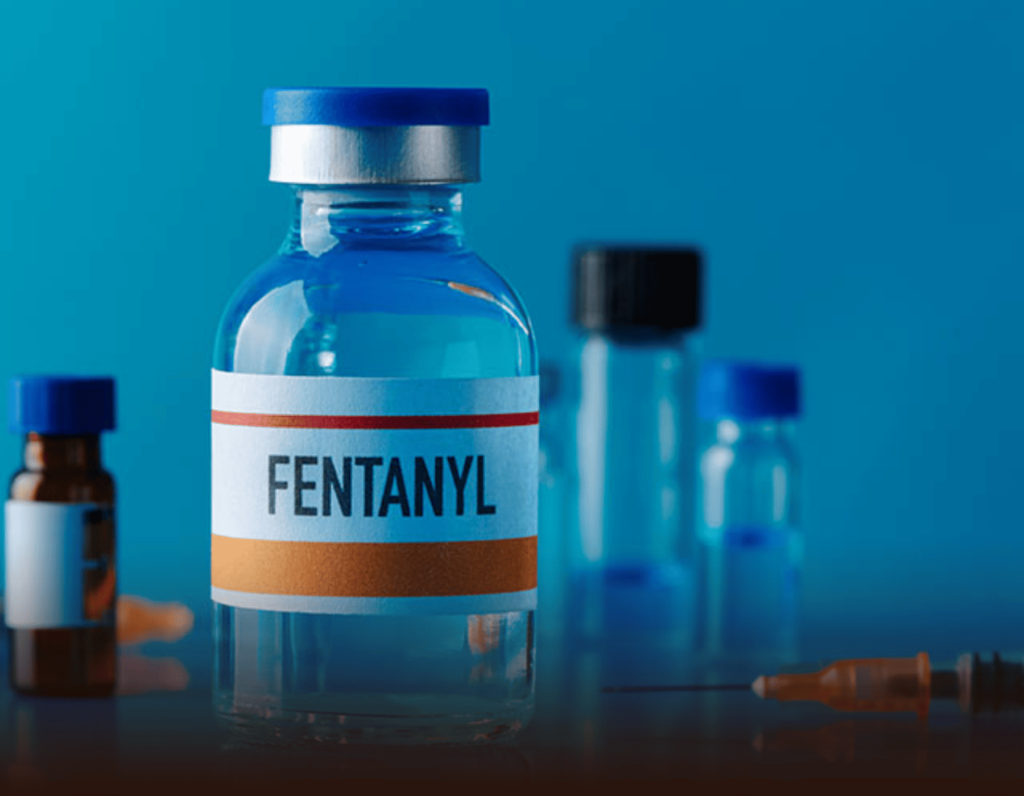In a bid to combat the global fentanyl crisis, China has reinforced its regulatory framework and expanded its efforts to control fentanyl-related substances. The recently released white paper by the China’s State Council Information Office, Controlling Fentanyl-Related Substances – China’s Contribution, highlights the country’s proactive measures in curbing the production and distribution of synthetic opioids. The document highlights China’s comprehensive drug control policies, including the full-scale regulation of fentanyl-related substances, tighter precursor chemical monitoring, and enhanced international cooperation. With the increasing threat of drug trafficking and substance abuse across Africa, China’s approach provides valuable lessons for African nations looking to strengthen their own drug control policies.
China has been at the forefront of international drug control efforts, having implemented some of the world’s strictest regulations on fentanyl and its precursors. In 2019, China became the first country to classify all fentanyl-related substances as controlled narcotics, a move praised by international organizations, including the United Nations Office on Drugs and Crime (UNODC). This blanket ban prevents drug traffickers from tweaking fentanyl’s chemical structure to evade law enforcement. “China has adopted one of the world’s most rigorous drug control systems, and we are committed to international cooperation in combating the illicit trade of fentanyl-related substances,” said a spokesperson from China’s National Narcotics Control Commission.
According to the white paper, China has also intensified monitoring of precursor chemicals used in synthetic drug production. The country has established a national drug control commission and strengthened border inspections to prevent illicit exports. These measures have significantly curtailed the global supply of fentanyl originating from China, a development that has direct implications for African nations grappling with rising drug abuse rates.
Africa’s Emerging Synthetic Drug Challenge
While Africa has traditionally faced challenges related to heroin and cocaine trafficking, the synthetic opioid crisis is fast becoming a pressing issue. The United Nations Office on Drugs and Crime (World Drug Report 2023) warned of increasing synthetic opioid usage across East and West Africa, fueled by porous borders and weak regulatory frameworks.
With China’s experience in controlling fentanyl, African nations have an opportunity to adopt similar measures. Experts believe that enhancing regulatory frameworks, strengthening cross-border cooperation, and investing in drug enforcement agencies are crucial steps.
Call for China-Africa Cooperation
China has emphasized the importance of global collaboration in tackling the fentanyl crisis. “No country can fight drug trafficking alone,” the white paper states, calling for deeper international partnerships. China has already established counter-narcotics cooperation with several countries and could extend such support to African nations through intelligence sharing, capacity building, and law enforcement.
As China continues to refine its fentanyl policies, Africa has an opportunity to leverage these insights to strengthen its own regulatory frameworks. Deeper cooperation in drug control could mark the next phase in Africa-China relations, reinforcing mutual efforts to combat the growing synthetic opioid threat before it becomes a full-blown crisis.





